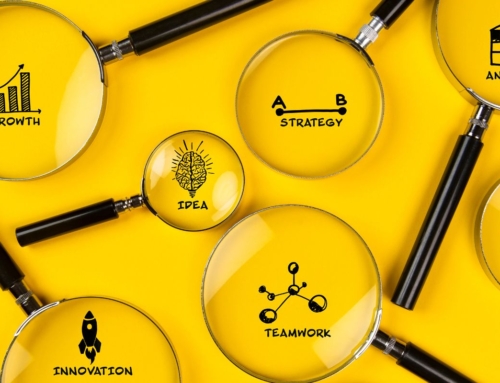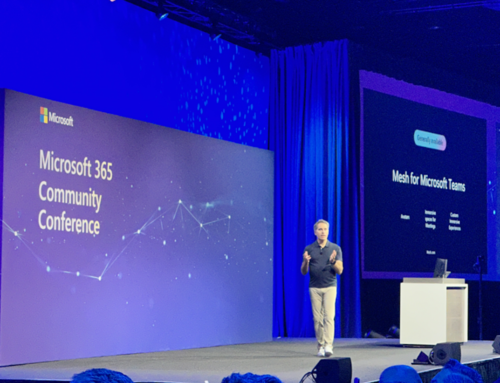Attending the 2024 Gartner Digital Workplace Summit was an eye-opening experience, filled with valuable insights and cutting-edge trends shaping the future of work. Among the myriad of discussions and sessions, three key takeaways stood out, shedding light on the current landscape of digital workplaces and the direction they are headed.
1. The Continuing Need for Digital Workplace Maturity
One prevalent theme throughout the summit was the state of digital workplace maturity and how low most companies ranked. While organizations have made strides in adopting digital technologies, there’s still a considerable gap in maturity levels. Many sessions emphasized the critical importance of a focused effort to elevate digital workplace maturity. Whether it’s enhancing collaboration tools, streamlining workflows, or fostering a culture of innovation, organizations should prioritize initiatives aimed at improving their digital workplace maturity to stay competitive in today’s fast-paced business environment. Visit Gartner’s Digital Workplace Maturity Assessment Tool to get an idea of where your company stands.
2. Artificial Intelligence: Prepare for the Future
Artificial intelligence (AI) was mentioned in many sessions, emphasizing its growing influence. Some concrete uses of AI were shared: 1) instant upskilling – using co-pilots to make conversational interfaces in place of complex menus and functions, 2) content creation – where you’ll always want to treat what is created as a first draft, 3) knowledge capture – but this will need to be supported with human review and validation, and more.
The summit also emphasized the importance of leadership and how they must 1) clarify how jobs will improve and evolve, ensuring employees understand that their roles will be enhanced, and 2) help lead an organizational culture shift to embrace generative AI.
Another important message for AI was to take time now to develop your policies – who can work with it, what can it be used for, and what legal or compliance issues need to be considered? The potential upside for AI is huge, but embracing it without proper governance and rules can have disastrous consequences.
3. Insights from the 2023 Gartner Microsoft 365 Survey
The online survey conducted in July of 2023, which surveyed over 150 IT leaders who are Microsoft 365 decision-makers, revealed several key insights:
Significant Change, Yet Untapped Value: 67% of respondents reported experiencing significant or transformative change after adopting Microsoft 365. However, a notable 54% indicated they didn’t perceive themselves as obtaining high or maximum value from the platform. This suggests that while Microsoft 365 brings about substantial changes, there’s room for improvement in extracting its full potential.
Persistence of Traditional Support Models: The majority of organizations still adhere to traditional support models for Microsoft 365, such as having the IT infrastructure team support M365 or different IT teams supporting different M365 services. Traditional support models may lack the agility and visibility of all M365 services necessary for maximizing the benefits of Microsoft 365.
Lack of Measurement for Improvement: Many organizations are not actively measuring the usage and adoption of Microsoft 365 within their environments. This underscores the importance of metrics in driving improvement, as you can’t enhance what you don’t measure.
If you’re interested in understanding the recommended support model for Microsoft 365 and how Compass365 can assist or discuss any of the other topics from the 2024 Gartner Digital Workplace Summit, email us and we’d be happy to talk!









